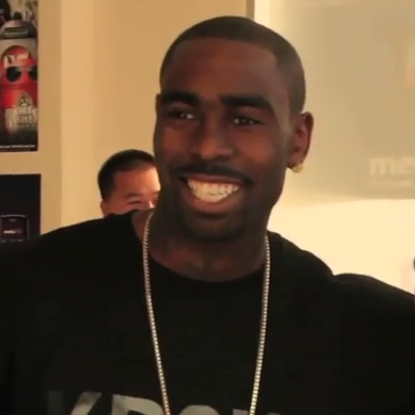From career-defining wisdom to globally transformative ideas, TED has spent decades shaping minds and inspiring millions with the insights of the world’s greatest thinkers. Now available in 100+ languages and expanding worldwide, TED Talks are entering an exciting new era. TED curator Chris Anderson is now stepping aside, and TED is searching for the next bold mind to steer its future.
Chris Anderson steps down as TED seeks fresh leadership for growth
TED’s roots trace back to the 1980s, but the real momentum came in the 1990s when it launched its annual conference in Monterey, California. Visionaries, professionals and curious minds from all walks of life attended, seeking transformative insights to shape their next moves. A turning point came in 2001 when Anderson’s nonprofit, the Sapling Foundation, acquired TED. Under his leadership, TED evolved into a nonprofit venture with a singular mission: to make world-changing ideas accessible to everyone.
Anderson feels the moment has come to move on. He embraces change upon his exit, pointing to key moments when bold decisions at TED defined its core identity. He highlights the brand’s early leap into the digital space and the introduction of free TEDx licenses as proof that TED has always been about evolution. While TED’s journey is ever-changing, Anderson emphasizes that its core values are immovable, and its next leader must have both the drive and the resources to steer it forward.
Who will guide TED into its next era of digital expansion?
Anderson himself is still unsure who should step into his shoes. While several candidates—from AI tech moguls to philanthropists—have been suggested, the nonprofit remains open to all possibilities. He says TED is also open to entirely new directions, suggesting the organization might benefit from a visionary board overseeing it, instead of depending on one leader.
Whoever takes the reins, the future of TED will inevitably depend on its digital expansion, broadening its reach to more nations and languages. The brand’s extensive catalog is a valuable asset, offering a wealth of insights, guidance and expertise accumulated over decades. TED now boasts a variety of divisions, including a dedicated selection of podcasts, TED-Ed—its educational branch providing explainer videos and lessons—TED Books and more. Despite past dips, TED remains in a strong financial position, with total reported revenue in 2023 around $100 million and $25 million in reserves. Anderson insists that TED must continue providing free content, remain dedicated to the public good and never be swayed by the commercial interests of any new owner.
AI is poised to be a major factor in TED’s next phase, a priority for both Anderson and its next leader. “For TED to realize its full potential, it’ll need new funding for the future growth of new programs and products and to allow the smart leverage of new technologies such as AI. The willingness to commit significant capital for the long term will be an important deciding factor,” Anderson wrote in a public memo following his exit announcement.
Much of TED’s progress in AI will build on its existing infrastructure. In May 2024, TED unveiled its first AI-adapted TED Talks, using generative AI technologies like voice cloning and lip-syncing in collaboration with Panjaya.ai and TED’s global translators community. TED’s focus is on “one-time AI adaptation” that minimizes its environmental footprint while making educational content accessible across languages, cultures and dialects.
TED looks forward with optimism and a commitment to knowledge
Anderson isn’t completely leaving TED behind, as he views it as a part of who he is. Yet, after 25 years, he recognizes that stepping back to make space for new leadership is a wise and healthy decision. “I want to be connected to TED as long as I live, and I’m willing to continue to serve as adviser, cheerleader or co-host if the new leadership wishes. It’ll be their call,” he says on the TED Blog.
Will TED be forever changed? Not exactly. While the behind-the-scenes landscape of TED continues to evolve, the organization’s core focus on knowledge and innovation remains unchanged. Looking ahead, TED is positioning itself to become more agile and tech-driven, ready to meet the demands of a global audience seeking deeper avenues of growth. The future promises a broader reach, smarter technology and above all, a sustained commitment to educating the world. As it goes, there’s always another lesson waiting.
Photo courtesy Gilberto Tadday / TED





